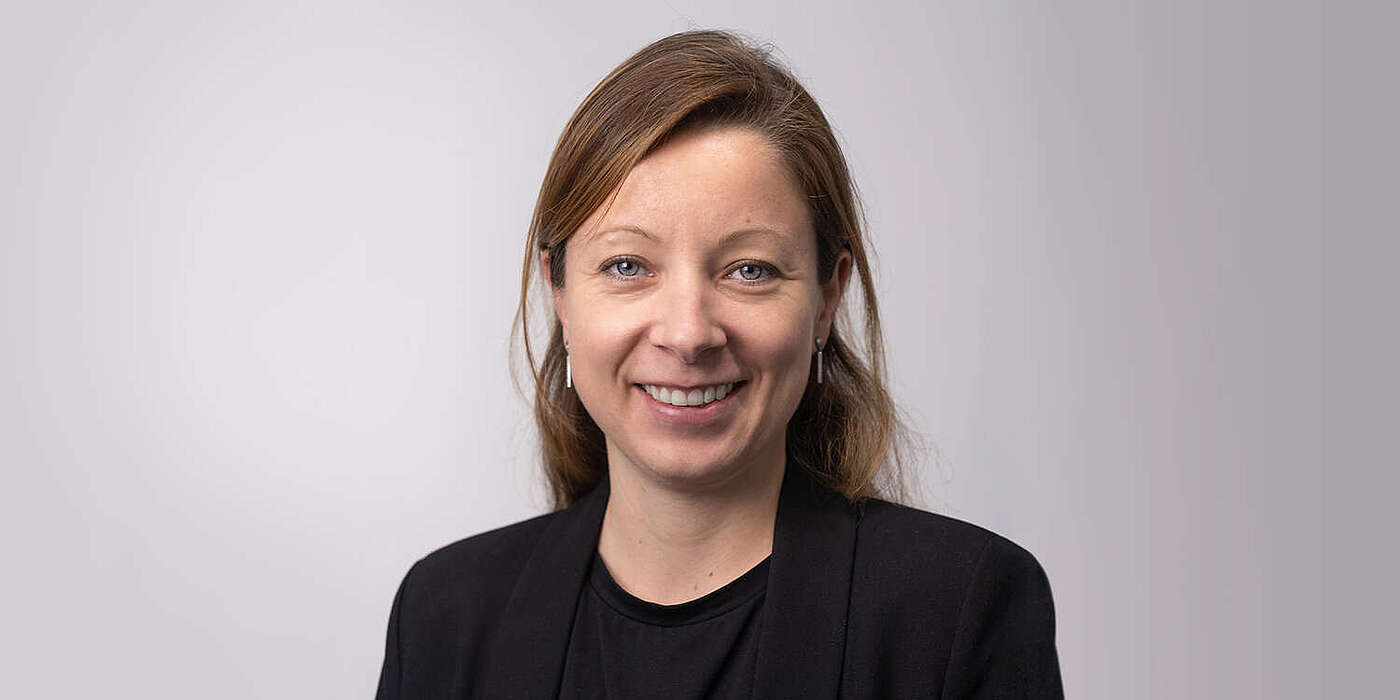On Monday, August 26, 2024, the University Council appointed Claudia Keller Valsecchi as the new Assistant Professor of Molecular Biology with Tenure Track at the Biozentrum. Claudia Keller Valsecchi, currently research group leader at the Institute of Molecular Biology (IMB) in Mainz, will take up her new position on August 1, 2025.
She received her PhD in Biochemistry at the Friedrich Miescher Institute for Biomedical Research (FMI) in Basel, specializing in epigenetic gene regulation and chromatin. She also completed her Master of Science at the FMI, after completing her Bachelor of Science in Biology with a focus on molecular biology at the Biozentrum of the University of Basel.
After completing her PhD, she worked as a postdoc at the Max Planck Institute of Immunobiology and Epigenetics in Freiburg, supported by a fellowship from the Human Frontier Science Program. She has headed a research group at the IMB in Mainz since May 2020. Her research focuses on sex chromosomes and gene dose changes. Her team focuses on the molecular processes that ensure the “equality” of the maternal and paternal genome, and examines their role in evolution and in human diseases.
In recognition of her scientific achievements, Claudia Keller Valsecchi has already been awarded several prizes and fellowships, including a long-term fellowship from the Human Frontier Science Program (HFSP), the Ingrid-zu-Solm Award for outstanding PhD thesis in life sciences as well as funding by the German Research Foundation (DFG).
Contact: Communications



